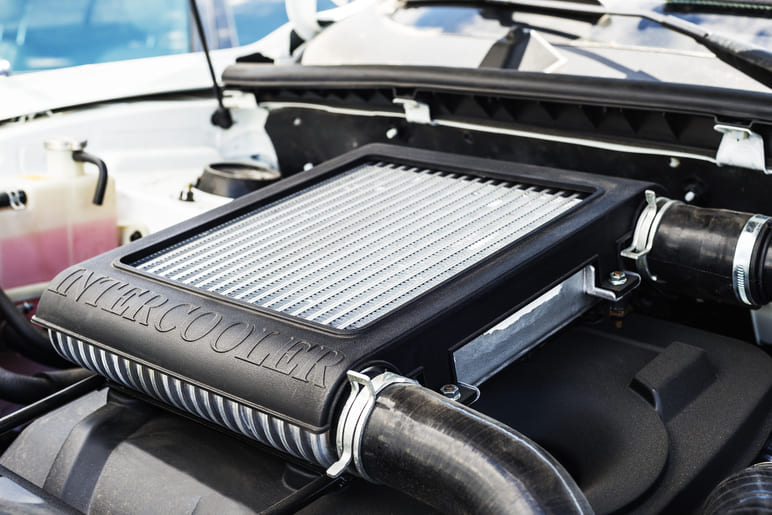
While an intercooler upgrade can breathe new life into a turbo engine, it might not always deliver the dramatic performance gains you’re hoping for. That said, understanding what does a bigger intercooler do—and whether an intercooler upgrade is worth it—can help you make smarter decisions for your vehicle.
There’s nothing quite like the sound of a turbocharged engine. Having a turbocharger will boost your car’s performance, reduce engine size and improve fuel economy. These are huge benefits from a system that essentially just pushes air down. In a turbocharged diesel engine, the air is compressed before the fuel is injected. This means that more fuel can be added for the same size naturally aspirated engine, as the oxygen molecules are packed closer together when the air is compressed. This makes the engine more efficient and gives you more bang for your buck!
The only problem is that, when drawn into the turbocharger and boosted, the air gets very hot. Hot air is not good for the engine and can seriously affect the combustion process. So, how does an engine keep dense air cool? This is where the car’s intercooler system comes into play. Read on for our guide to the intercooler: what it is, how it works, and any potential issues—plus whether an upgraded intercooler gives more power or if a bigger intercooler benefits diesel performance overall.
What Is a Turbo Intercooler?
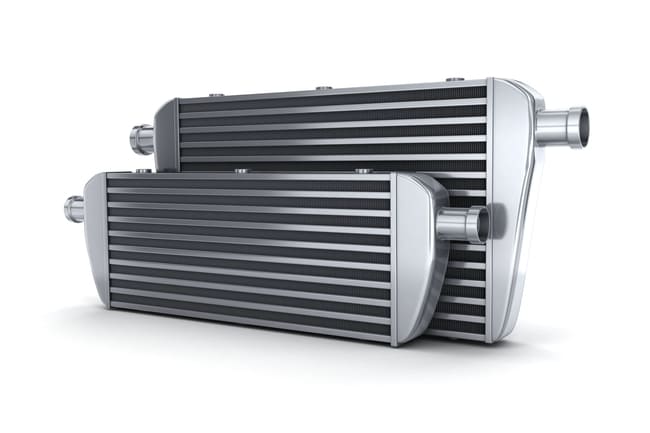
When air is drawn into the turbocharger, it is ‘boosted’ and then forced into the engine. However, during this process, the air gets very hot. If air heats up, it becomes less dense. The purpose of using a turbocharger is to compress the air and make it denser; therefore, if the air is warm, some of the extra power that the turbocharger can provide to an engine is lost due to the change in temperature. To cool the air down and keep it dense, many turbocharged engines use an intercooler.
This is why many performance enthusiasts opt for an intercooler upgrade. What does an upgraded intercooler do? It helps reduce intake air temperatures more effectively, maintaining air density and allowing the engine to perform better. For diesel vehicles especially, a bigger intercooler benefits diesel engine performance by providing more consistent power and thermal efficiency.

How Does the Intercooler Work?
It is essentially an air-to-air radiator. Hot air from the turbo enters at one end and is cooled as it passes through the intercooler (in the same way that water is cooled in a car’s radiator). This means it can enter the engine at a much lower temperature. The reason for using an intercooler is simple physics: Cooler air is denser than hot air, meaning there is more oxygen in the same volume. More oxygen in the same space means more efficient combustion and better engine performance.
So, does a bigger intercooler make a difference? Absolutely—when combined with the right setup. While an intercooler does not directly add horsepower, the upgraded intercooler benefits your vehicle by allowing for more aggressive tuning, improving reliability under load, and supporting better throttle response.
Many car owners wonder: does an intercooler add horsepower, or does it increase hp? The answer is that while it doesn’t directly add horsepower on its own, it sets the stage for power increases by enabling cooler, denser air and improved combustion. So yes, an intercooler can make a difference, especially if you are tuning your vehicle for performance.
Intercooler vs Radiator
The battle of the century! (Not quite.) Many people think that an intercooler replaces the radiator in your car. This is tricky to answer, as an intercooler is a type of radiator, and both have the same function: to cool things down. However, the difference is that radiators are used in almost all vehicles to keep the engine cool, while intercoolers are specifically designed to help turbocharged cars produce maximum power. Cars that need to accelerate and reach high speeds quickly require a maximum amount of air, which an intercooler makes possible.
The location of the intercooler can also be affected by the radiator. Some cars mount their intercoolers on the side, which can compromise the car’s appearance. Other brands choose to locate their intercoolers next to or in line with the radiator. Depending on the heat dissipation needs of the engine, intercoolers can be located in front of or behind the radiator.
So, Is an Intercooler Upgrade Worth It?
Many people ask: is intercooler upgrade worth it? Or more specifically: is an intercooler worth it for everyday driving, or does upgrading intercooler add power in a measurable way?
Your car may have a turbocharger but not come with an intercooler as standard, or you may already be driving without one. However, there are ways of installing an intercooler to boost your car’s performance. A good aftermarket intercooler should be easy to obtain, and aftermarket versions can be even better than OEM intercoolers, as these are often fairly small.
The main intercooler upgrade benefits include being less susceptible to heat soaking, meaning you can stay on the drag strip or race track for longer without losing power. If you spend every Saturday at the track or plan to do any kind of performance driving, an intercooler will increase your engine’s durability and give you the boost you need.
Still, will a bigger intercooler increase power? And does a bigger intercooler add hp? Not directly. While the charge air temperature will be lower, resulting in denser air, the larger intercooler can add a slight amount of drag, which can somewhat negate any power gains. The real benefits come when you combine this intercooler system with engine tuning. This is when an upgraded intercooler gives more power and becomes an essential part of a performance build.
Overall, the upgraded intercooler benefits far outweigh the drawbacks if you use your car for racing or tuned performance. Consider what an intercooler upgrade does for your specific application, and ask yourself: what does a upgraded intercooler do for your driving habits?
Common Intercooler Problems
Since intercoolers are fairly simple systems, not that much can go wrong. Problems usually arise from installation issues or leaks. Here are some common issues and symptoms of intercooler leaks to watch out for.
Leaking Hoses
One of the most common affected areas is the rubber boost hoses and the clamps that hold them in place. Over time, the rubber will deteriorate and the clamps will lose their clamping force. This can result in the boost hoses allowing boosted air to escape. What happens when intercoolers leak? You get a sluggish, underperforming car. You may even be able to hear a ‘whooshing’ sound, which is the air escaping as you drive, although this is not always the case. While this isn’t ideal, you can still drive with a broken intercooler; it just won’t perform as well as usual.
Fortunately, the repairs are fairly simple: just get some new hoses and a new clamp. You can either repair the car intercooler yourself or take it to a garage.
Damage from Impacts
Since intercoolers are located at the front of the car, they are susceptible to damage from minor collisions or impacts, particularly from stones and road debris.
This can damage the delicate cooling fins, reducing the intercooler’s cooling efficiency, and in extreme cases it can also damage the tubes through which the boosted air passes.
The most common effect is an underperforming intercooler, which results in increased inlet air temperatures. In the worst cases, however, the intercooler can break, resulting in a boost leak. Sadly, this will require a whole new intercooler, as replacing it can be difficult and is often not an effective solution.
Oil Contamination
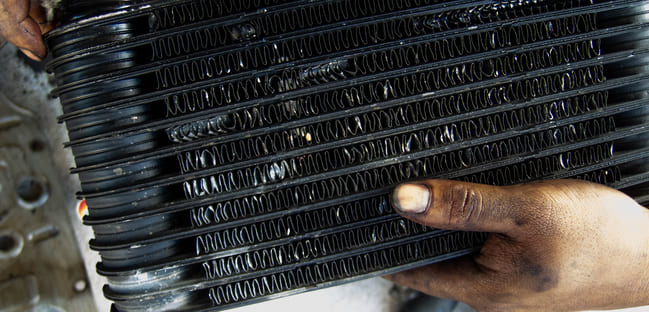
Since the air entering the intercooler comes directly from the turbocharger, any previous issues with the turbo are likely to affect the cooling system too.
For example, if the turbocharger has an oil leak due to worn-out seals, it is likely that oil has leaked onto the intercooler itself.
This causes oil to gather at the bottom of the intercooler, reducing its performance. The boosted air will also contain oil vapour, which will negatively affect engine performance.
To check for oil contamination, remove the boost hoses and inspect them for signs of oil. If you see any oil, remove the intercooler and flush it with engine degreaser to remove all the oil from inside the intercooler.
If you’re serious about performance, now is the time to upgrade intercooler components and ask: is a bigger intercooler better for your goals? The answer lies in your setup and driving demands. Whether you’re chasing every ounce of performance or just improving efficiency, understanding the benefits of a bigger intercooler and the role it plays is the first step in unlocking your car’s full potential.
- @user_368148313.06.2025 08:40Member
The increased engine performance from the intercooler is similar to the precision you must deliver in basketball stars : cooler air helps burn more efficiently, while precise shots and quick reflexes are the deciding factor in winning on the court.

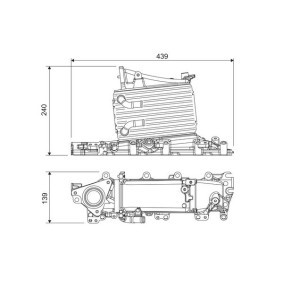
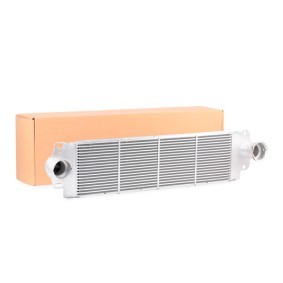




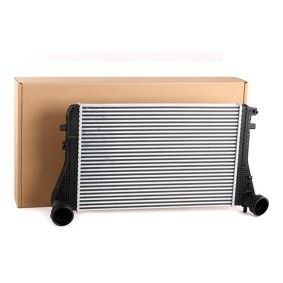
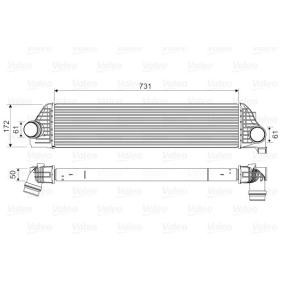



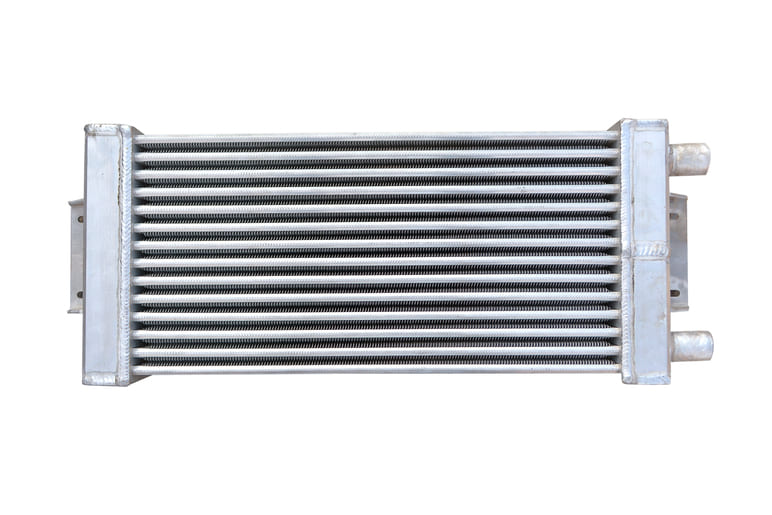
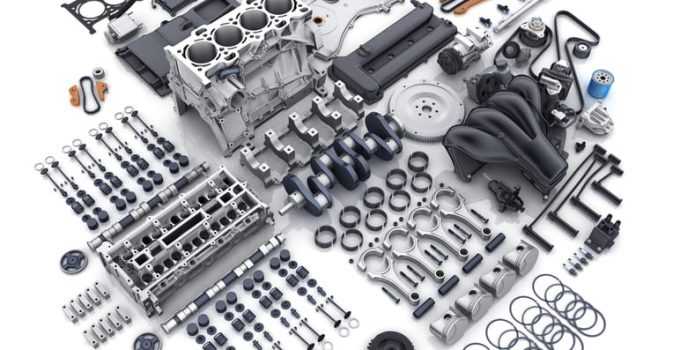
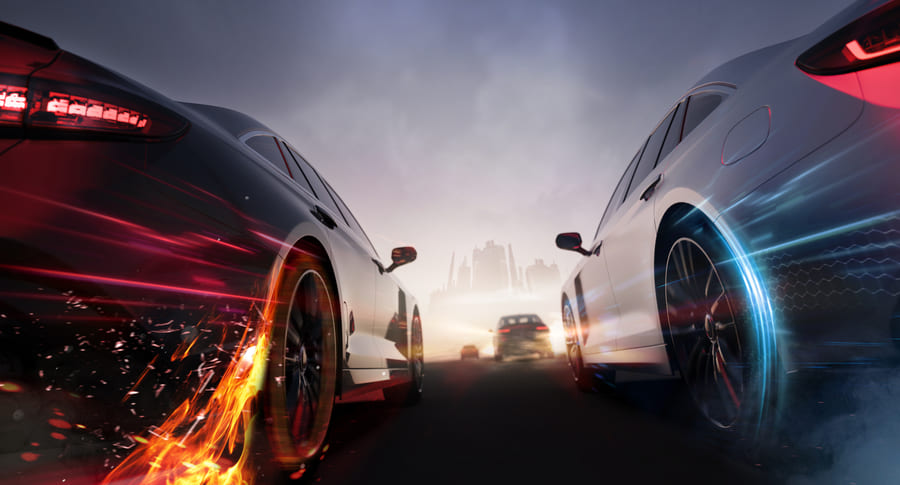
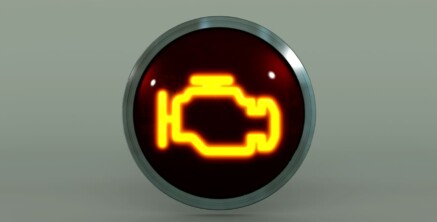
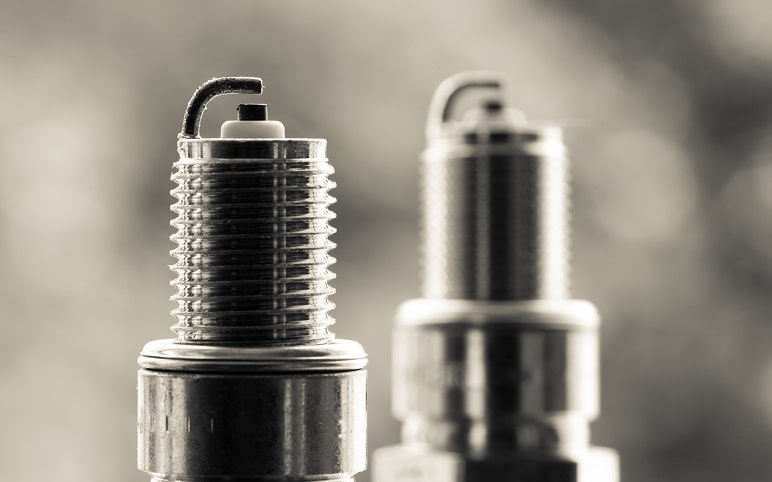
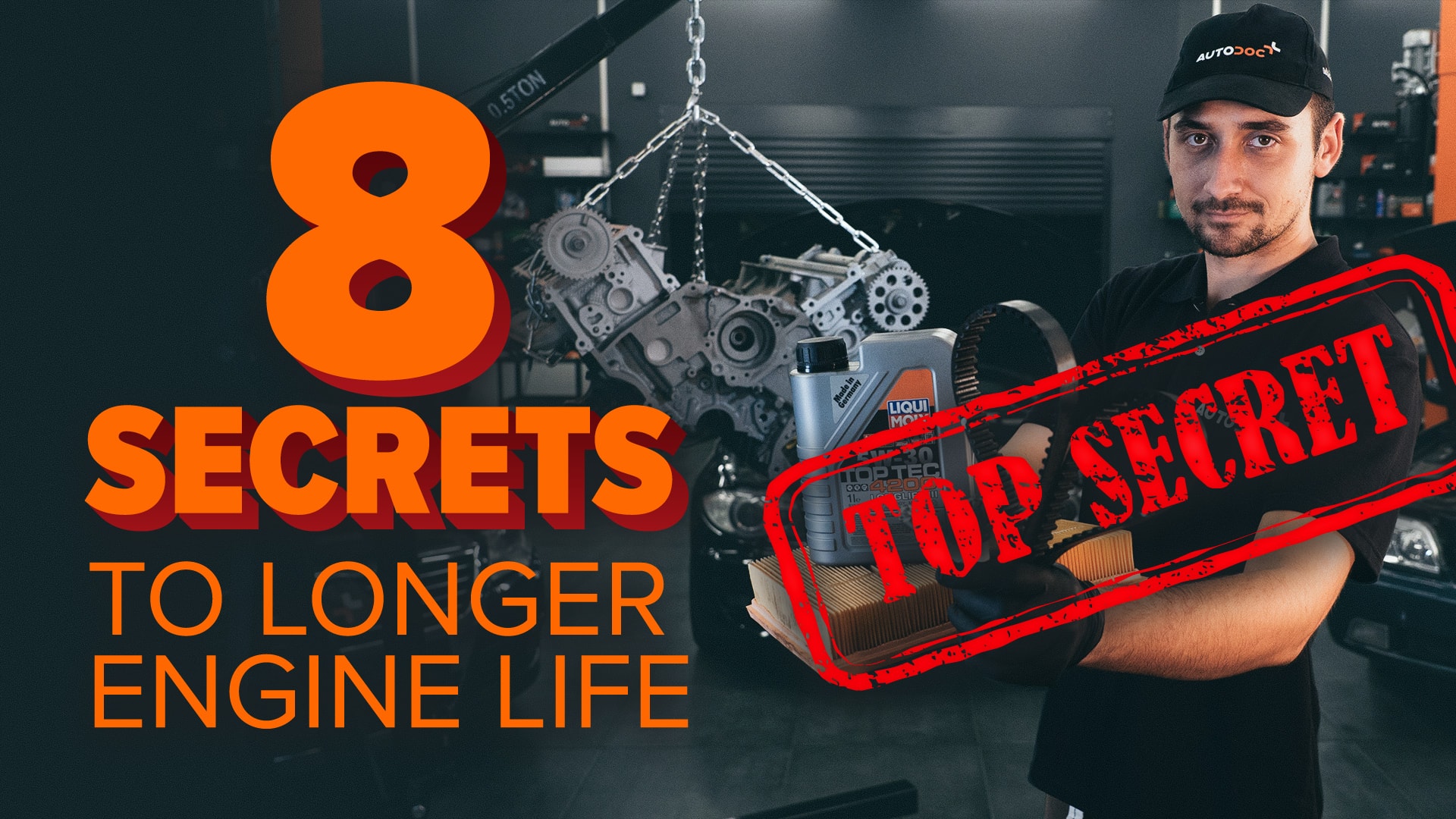
Comments – 1